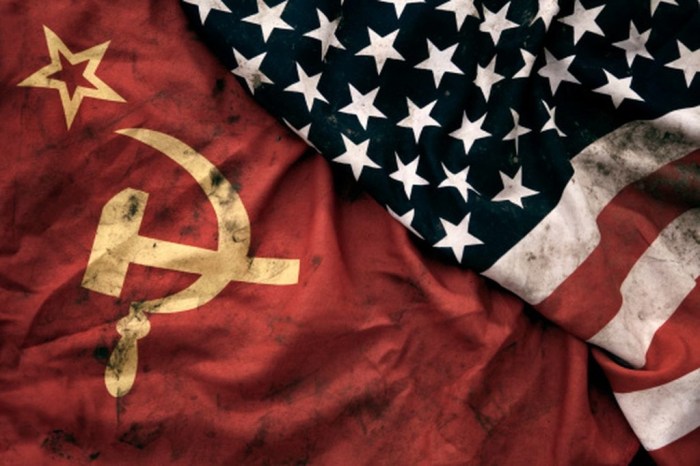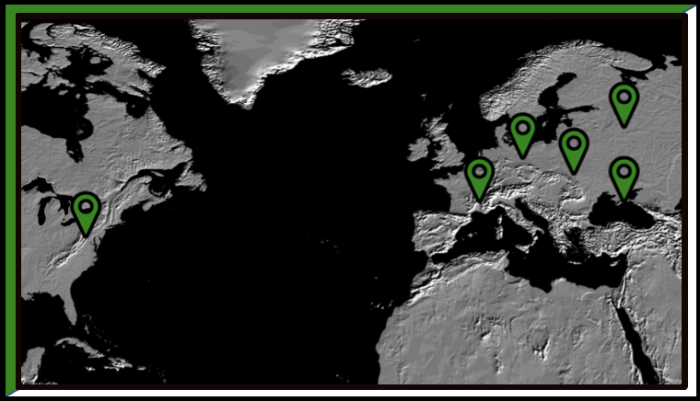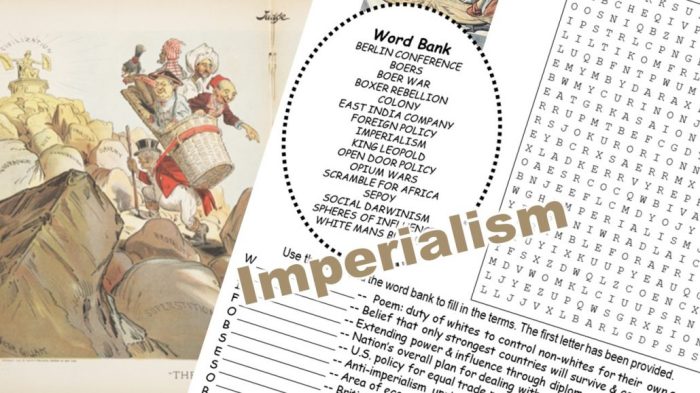Unit 8: Cold War and Decolonization embarks on a captivating exploration of the profound impact these historical events have had on shaping global politics and international relations. This narrative delves into the intricate interplay between the Cold War and decolonization, examining their far-reaching consequences that continue to resonate in contemporary world affairs.
The Cold War, a period of intense ideological rivalry between the United States and the Soviet Union, played a pivotal role in shaping the post-World War II global landscape. The emergence of nuclear weapons and the formation of alliances and proxy wars around the world fueled tensions between the superpowers.
Simultaneously, the wave of decolonization after World War II witnessed the rise of nationalism and the emergence of new nation-states, reshaping the political map of the world.
The Cold War and Its Causes

The Cold War was a period of geopolitical tension between the United States and the Soviet Union and their respective allies that lasted from the mid-1940s until the early 1990s. The term “Cold War” is used because there was no large-scale fighting directly between the two superpowers, but they each supported different sides in a number of proxy wars.
The origins of the Cold War can be traced back to the end of World War II. The United States and the Soviet Union emerged from the war as the two most powerful nations in the world. They had very different ideologies: the United States was a capitalist democracy, while the Soviet Union was a communist dictatorship.
Post-World War II Power Dynamics
The end of World War II left a power vacuum in Europe and Asia. The United States and the Soviet Union quickly moved to fill this vacuum, each trying to expand their sphere of influence.
The United States pursued a policy of containment, which aimed to prevent the spread of communism. The Soviet Union, on the other hand, sought to promote communism around the world.
The Role of Nuclear Weapons
The development of nuclear weapons by the United States and the Soviet Union in the late 1940s and early 1950s further escalated tensions between the two superpowers. Nuclear weapons made it impossible for either side to launch a full-scale war against the other without risking mutually assured destruction.
Key Events that Escalated Tensions, Unit 8: cold war and decolonization
- The Berlin Blockade (1948-1949)
- The Korean War (1950-1953)
- The Cuban Missile Crisis (1962)
- The Vietnam War (1955-1975)
- The Soviet invasion of Afghanistan (1979)
FAQ Section: Unit 8: Cold War And Decolonization
What were the primary causes of the Cold War?
The Cold War emerged from the ideological differences between the United States and the Soviet Union, as well as the post-World War II power dynamics and the advent of nuclear weapons.
How did the Cold War influence decolonization?
The Cold War superpowers used decolonization as an arena for ideological competition, supporting different movements and influencing the course of decolonization processes.
What were the key factors that led to the wave of decolonization after World War II?
Anti-colonial movements, the influence of global powers, and the changing global political landscape contributed to the wave of decolonization after World War II.


